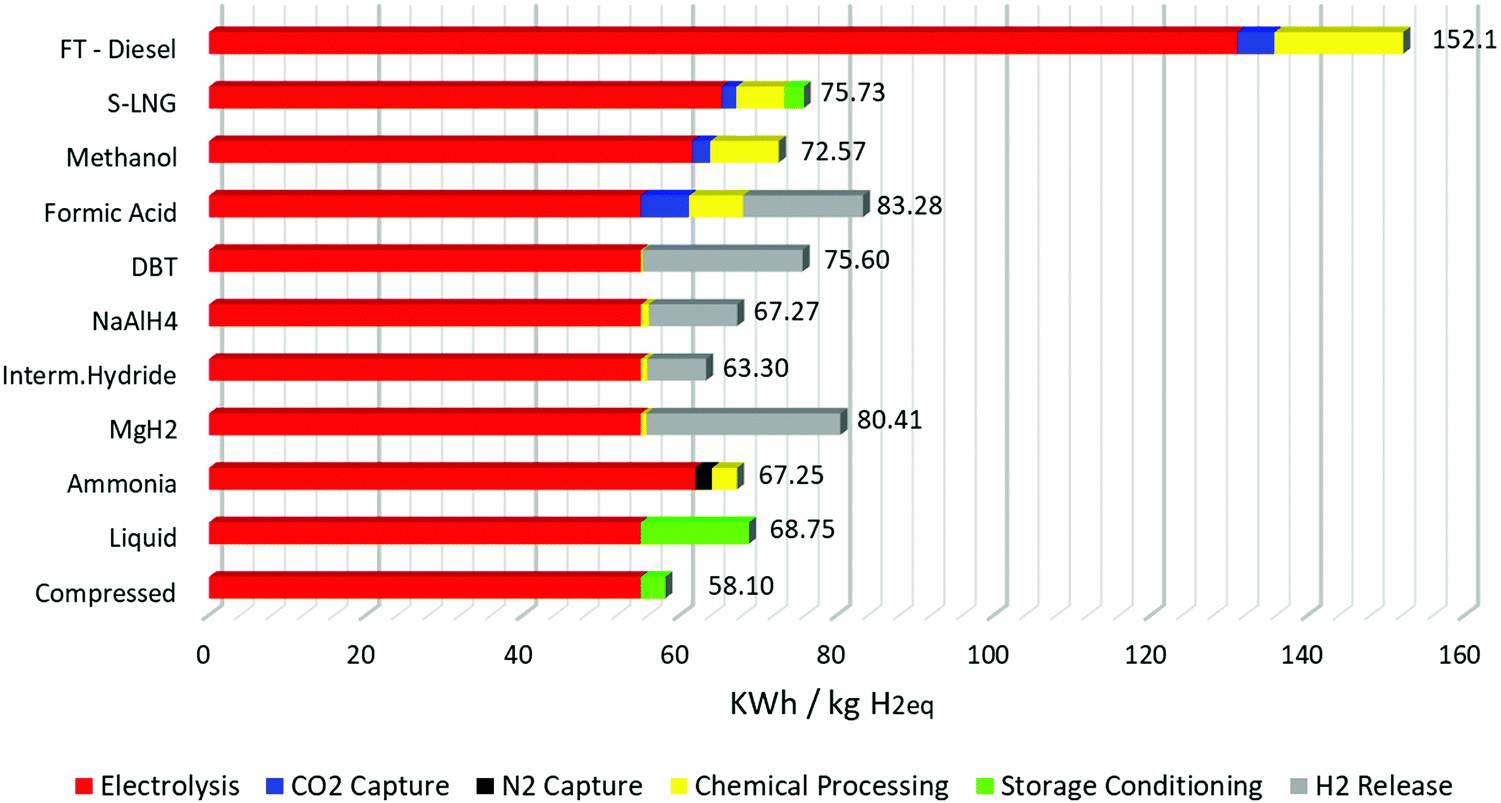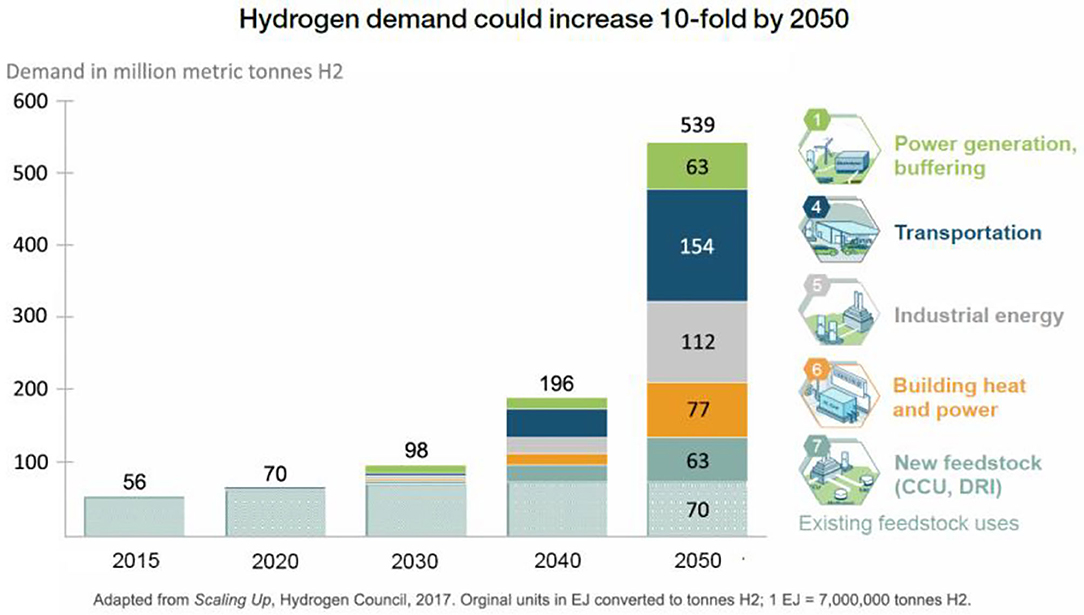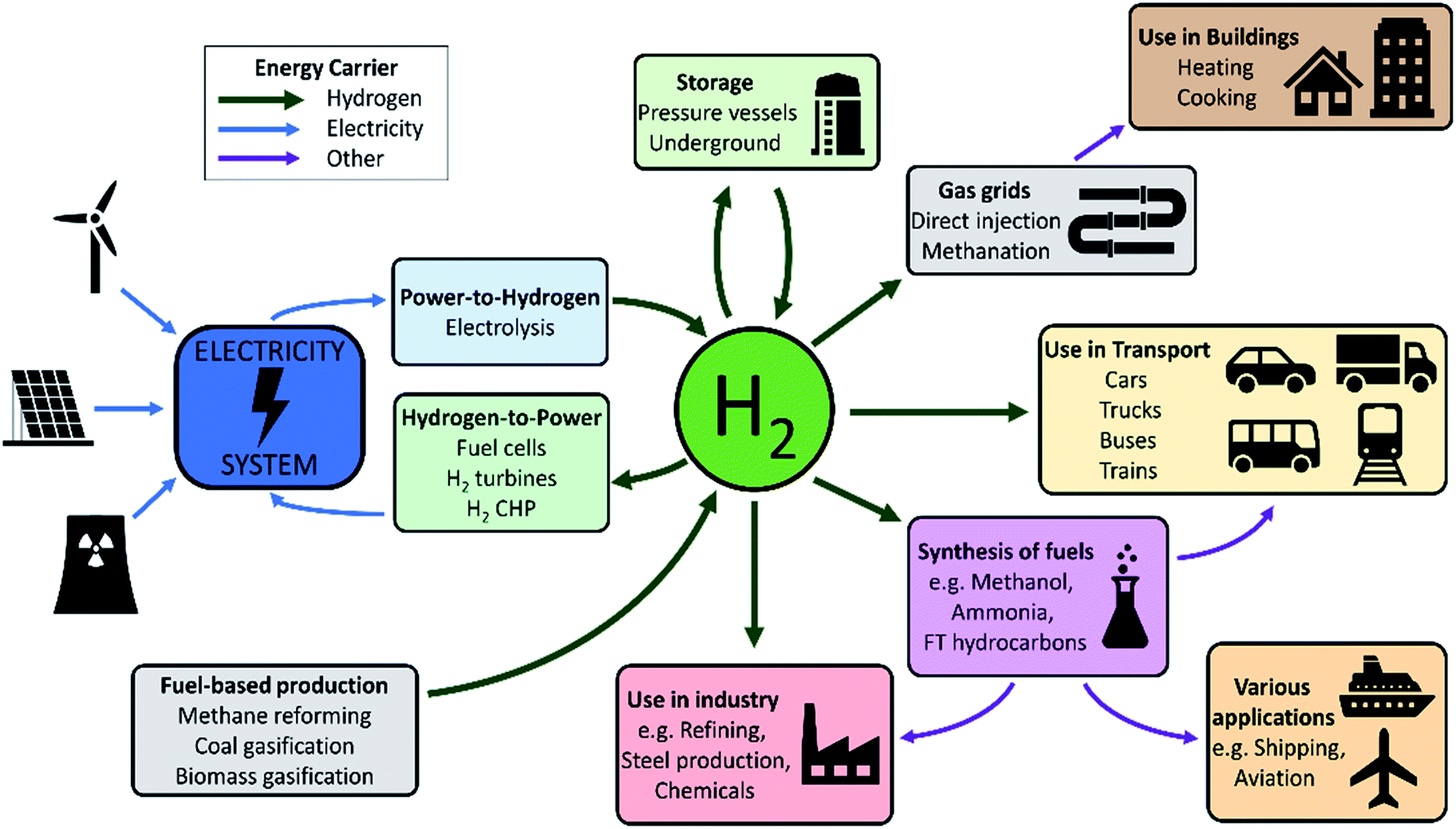Investing in the stock market has always been a popular way to grow wealth, but as the world shifts towards cleaner and more sustainable energy solutions, investors are turning their attention to hydrogen companies.
This surge in interest is driven by growing concerns about climate change and carbon emissions, as well as government support for renewable energy initiatives.
Explaining the Recent Surge in Interest in Hydrogen Companies
The urgent need to combat climate change and reduce carbon emissions has led to increased scrutiny of traditional fossil fuel industries. In response, investors are seeking out opportunities in clean energy alternatives. One such alternative gaining significant attention is hydrogen.
With its potential as a versatile and clean fuel source, hydrogen has emerged as an attractive option for decarbonizing various sectors of the economy.
Hydrogen’s appeal lies in its ability to revolutionize transportation through fuel cell technology, offering zero-emission mobility without compromising performance. Governments and policymakers worldwide are recognizing the importance of investing in hydrogen infrastructure to support this industry’s growth.
Additionally, hydrogen can be utilized for power generation and energy storage, addressing the challenge of intermittency faced by renewable energy sources.
As interest in clean energy continues to rise globally, hydrogen companies are at the forefront of innovation and investment opportunities. Their potential to significantly reduce carbon emissions while providing efficient solutions for multiple sectors drives this surge in interest.
Ongoing research and development efforts focused on enhancing production methods and reducing costs further contribute to the promising future of hydrogen as a clean fuel source.
Growing Concern for Climate Change and Carbon Emissions
Climate change has become a pressing issue globally. The burning of fossil fuels releases greenhouse gases, leading to global warming. To combat this, there is a shift towards renewable energy sources with lower carbon emissions. Hydrogen is a perfect fit in this narrative.
Hydrogen can be produced through electrolysis using renewable energy like wind or solar power. When used as a fuel source, it only emits water vapor when burned, making it an environmentally friendly alternative to fossil fuels. This makes hydrogen an attractive option for various industries seeking to reduce their carbon footprint.
Government Support and Renewable Energy Initiatives
Governments worldwide are actively supporting renewable energy initiatives, particularly focusing on hydrogen technologies.
With the goal of reducing carbon emissions and combatting climate change, countries are investing in research and development while providing financial incentives for companies involved in hydrogen production, distribution, and utilization.
These efforts aim to accelerate the transition towards a sustainable future, stimulate economic growth, and create new job opportunities. Collaboration between public and private sectors plays a crucial role in fostering innovation and market growth for clean energy solutions.
| Heading | Content |
|---|---|
| Government Support and Renewable Energy Initiatives | Governments worldwide are actively supporting renewable energy initiatives, particularly focusing on hydrogen technologies. With the goal of reducing carbon emissions and combatting climate change, countries are investing in research and development while providing financial incentives for companies involved in hydrogen production, distribution, and utilization. These efforts aim to accelerate the transition towards a sustainable future, stimulate economic growth, and create new job opportunities. Collaboration between public and private sectors plays a crucial role in fostering innovation and market growth for clean energy solutions. |
Introducing Hydrogen as a Clean Energy Solution
Hydrogen is gaining traction as a versatile and clean energy solution for transportation, power generation, and industrial processes. Hydrogen-powered vehicles emit only water vapor, reducing harmful emissions. In power generation, hydrogen fuel cells or combustion technologies offer cleaner electricity production.
Moreover, hydrogen’s versatility extends to industries like refining and fertilizer production. With advancements in production methods and carbon capture technology, hydrogen can contribute to reducing emissions.
Governments worldwide are embracing hydrogen as an essential element in combating climate change and transitioning to sustainable energy systems. Its potential to revolutionize our energy landscape holds promise for a greener future.
Understanding the Potential of Hydrogen as an Alternative Fuel Source
Hydrogen has emerged as a promising alternative fuel source, particularly in transportation. It enables zero-emission options for cars, buses, trucks, trains, and ships through fuel cell electric vehicles (FCEVs) that generate electricity from hydrogen, emitting only water vapor.
In power generation, hydrogen can be used in fuel cells to produce clean and efficient electricity without combustion. This technology has the potential to revolutionize our energy landscape by reducing greenhouse gas emissions and increasing energy efficiency.
With abundant availability and diverse renewable sources, hydrogen offers a long-term solution for achieving energy independence and sustainability. Investment in research and collaboration among governments, industry stakeholders, researchers, and consumers are crucial to fully harnessing the potential of hydrogen as an alternative fuel source.
Embracing hydrogen can drive innovation and contribute to global sustainability goals for a cleaner future.
Exploring its use in transportation, power generation, and industry
Hydrogen has diverse applications beyond transportation and power generation. In industries where carbon emissions are a concern, hydrogen can replace natural gas for heating and serve as a reducing agent in steel production. By utilizing hydrogen instead of fossil fuels, companies can significantly reduce their carbon footprint.
Hydrogen fuel cells also offer emission-free propulsion for vehicles, longer driving ranges, and faster refueling times compared to electric vehicles. Moreover, hydrogen plays a crucial role in clean power generation through fuel cells that convert it into electricity with only water vapor as a byproduct.
Embracing hydrogen across these sectors offers a sustainable pathway towards a greener future.
| Application | Description |
|---|---|
| Transportation | Hydrogen fuel cells offer emission-free propulsion systems for vehicles, providing longer ranges and fast refueling |
| Power Generation | Hydrogen fuel cells produce electricity with only water vapor as a byproduct, offering clean energy alternatives |
| Industry | Hydrogen replaces natural gas in heating and acts as a reducing agent in steel production, reducing carbon emissions |
Stay tuned for the next part of this article series where we will delve into the basics of investing in hydrogen companies!
[lyte id=’Dg0_wToswCY’]





